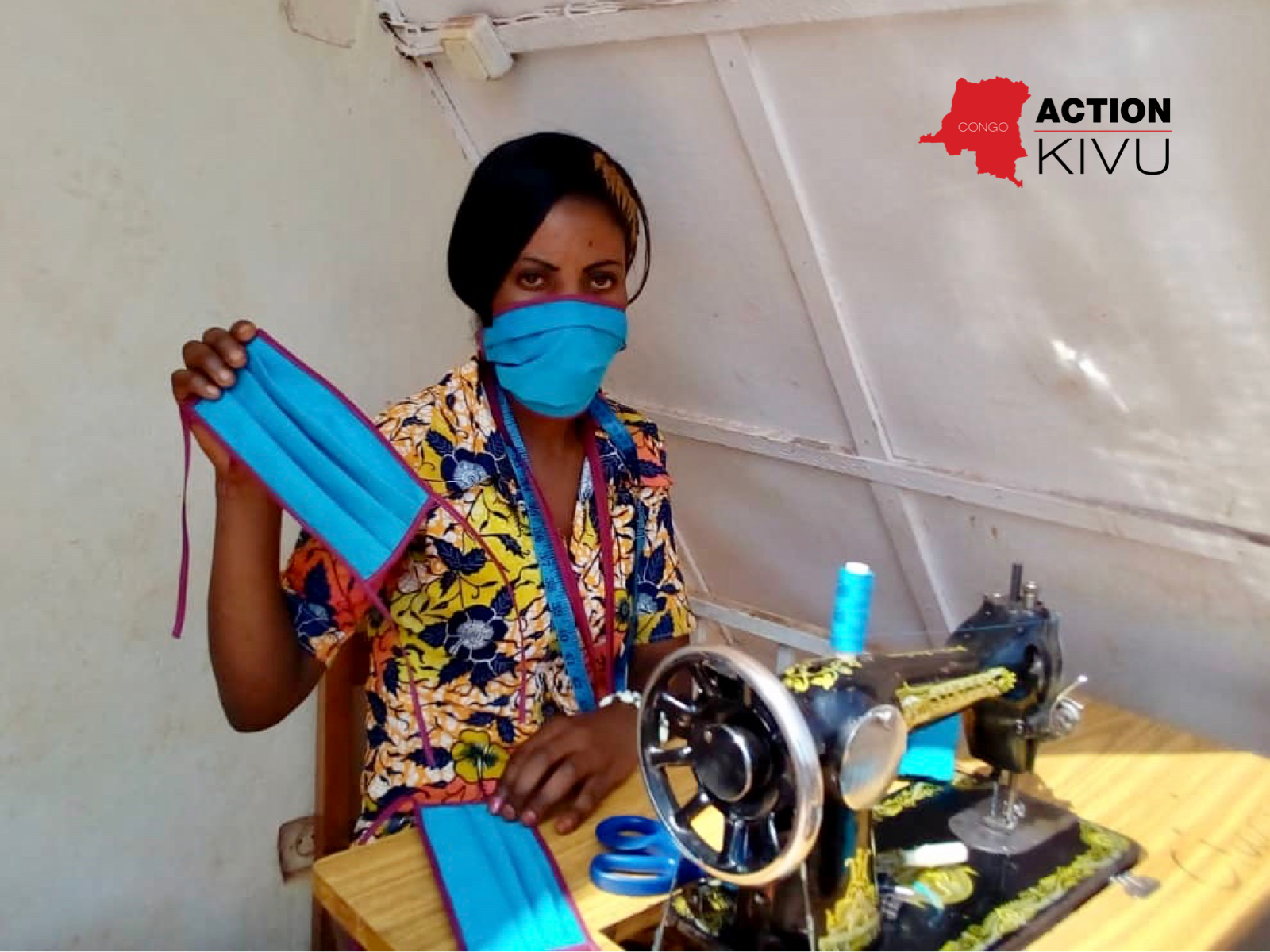"We have lived our lives by the assumption that what was good for us would be good for the world. We have been wrong. We must change our lives so that it will be possible to live by the contrary assumption, that what is good for the world will be good for us. And that requires that we make the effort to know the world and learn what is good for it."
― Wendell Berry, The Long-Legged House
So much has changed in such a short time. Have you witnessed it? There is a sense of an awakening, in ourselves and our communities, to the underlying connectedness between all of us, and between humanity and the earth that Wendell Berry references in much of his writing, to the "inescapable network of mutuality, tied in a single garment of destiny," as Dr. Martin Luther King Jr. describes it.
Today we continue to connect with the people of Congo, as we make an effort to know the world, in all its corners and quirks and groanings and beauty. Much like our mandates here in the U.S. and around the globe, the Democratic Republic of Congo’s government has issued safer-at-home mandates, which closed schools in March, restricting public gatherings to no more than 20 people at a time.
“The Congo Peace School may be temporarily closed, but the mission and vision behind the school cannot be shut down.”
– Amani Matabaro
Amani and the staff have made immediate changes in operations to meet the crisis, making the most of the resources at hand, utilizing the infrastructure that is in place because of years of your support and investment as the foundation for the life-saving work that needs to be done.
We may be a small organization, but we are vigorous and energized under Amani’s leadership. Amani’s action plan in education and prevention are in line to what UNICEF lists as their approach to combat the spread of Covid-19.
UNICEF response strategy and interventions focuses on the following axes:
1. Risk communication & community engagement (RCCE);
2. Improving WASH and Infection Prevention and Control (IPC) measures in health facilities and in the community;
3. Provision of supplies, medical equipment for case management;
4. Psychosocial support and continuous access to basic social services;
5. Social protection interventions to mitigate the socio-economic impact in households and Social sciences analysis.
Amani is already leading the way with his team. The Congo Peace School has become a hub of health and education, not just to feed the most at-risk students with meals served to 20 students at a time, but as a resource center for hand-washing stations made possible by an emergency grant from our partners at Jewish World Watch, as well as the ability to distribute the educational information on the how-to prevent the spread of the novel coronavirus.
Thanks to your ongoing support, we continue to invest in the staff of the Congo Peace School, who are now a team of health educators, going out into the community to teach our neighbors preventative actions to take, and are feeding the students who are most at risk of starvation with a meal made from purchased beans and rice as well as the vegetables we are growing on the organic farm at the school. (Pictured below is one enormous head of organic cabbage!)
































